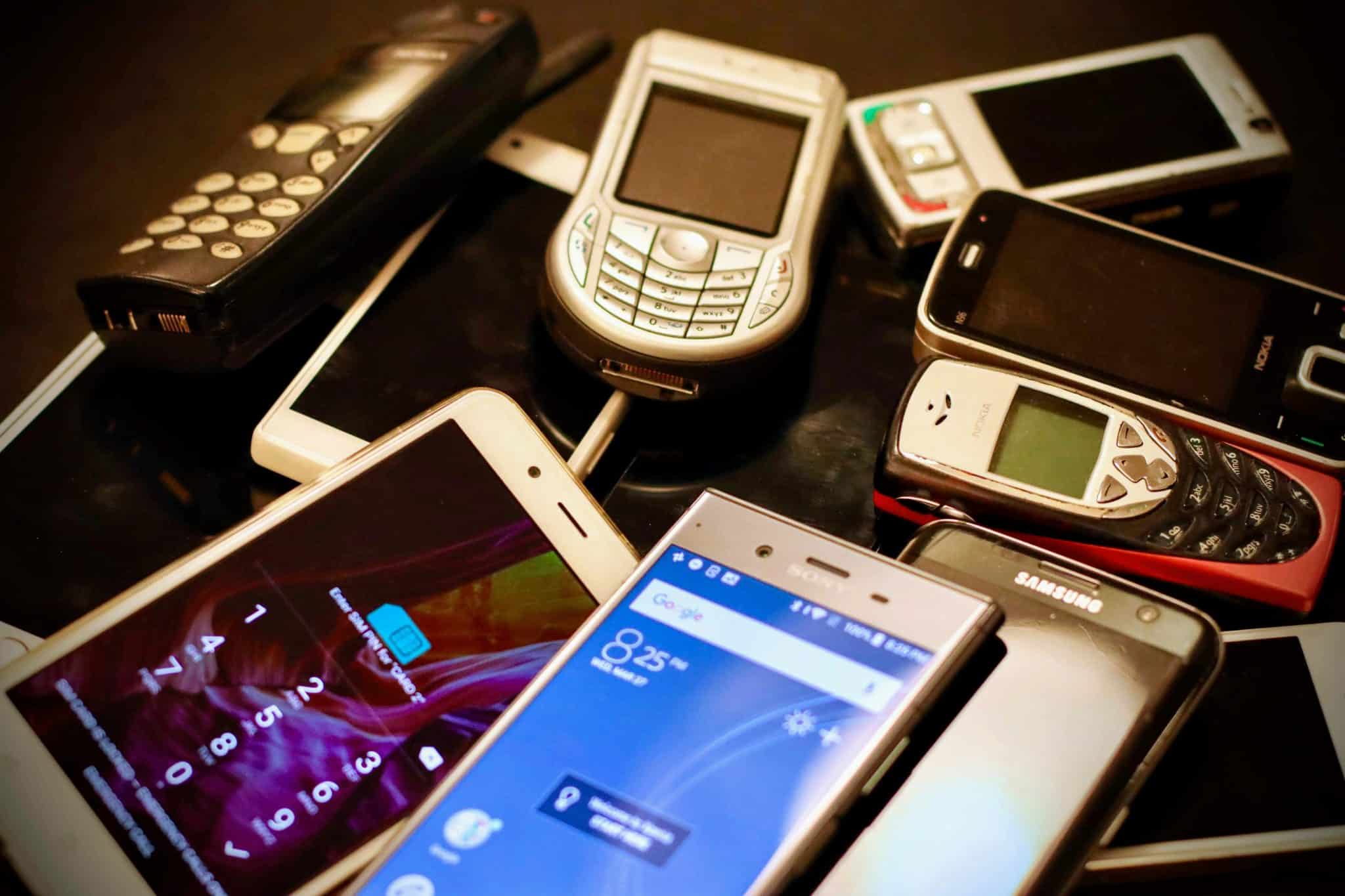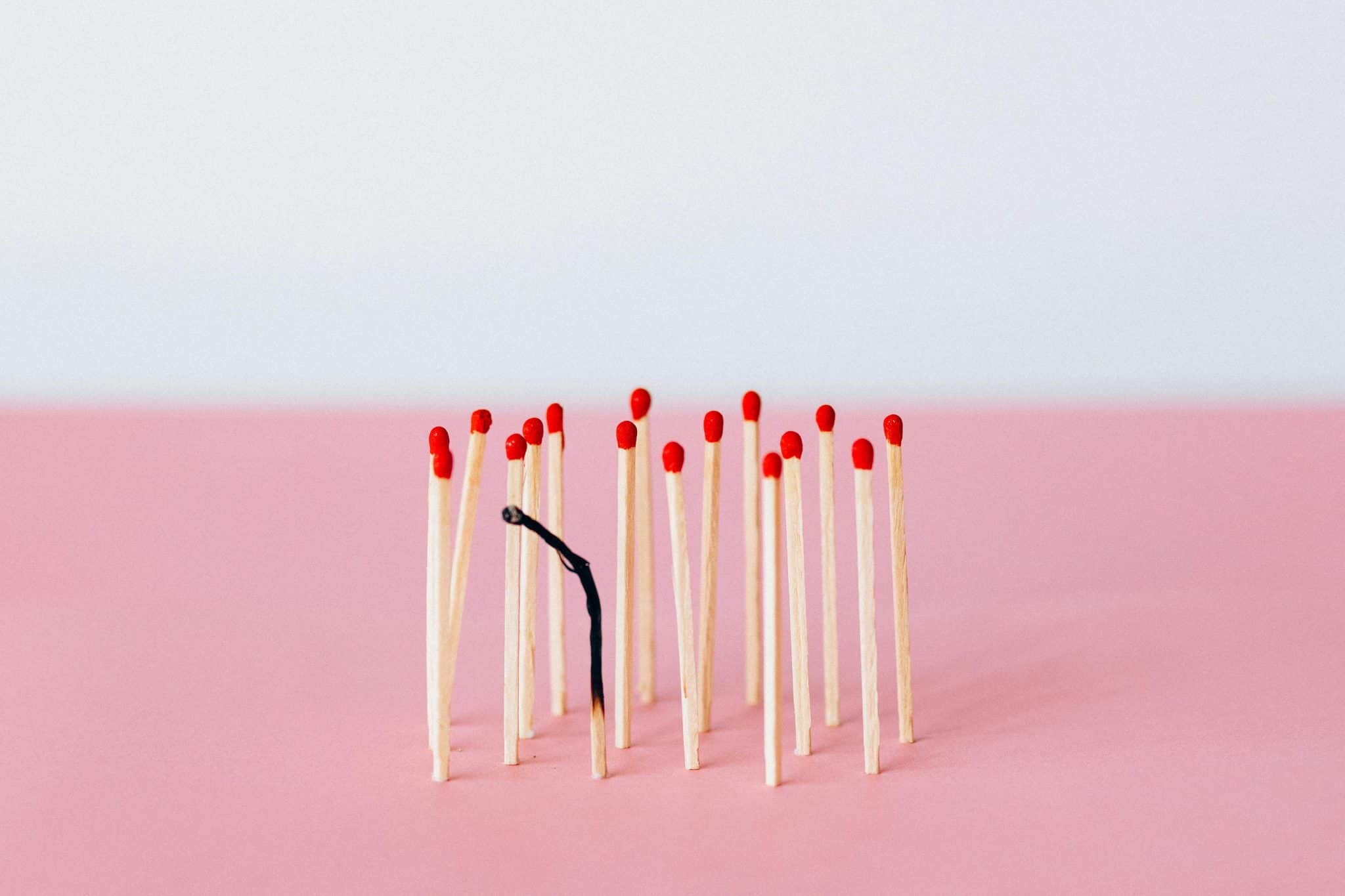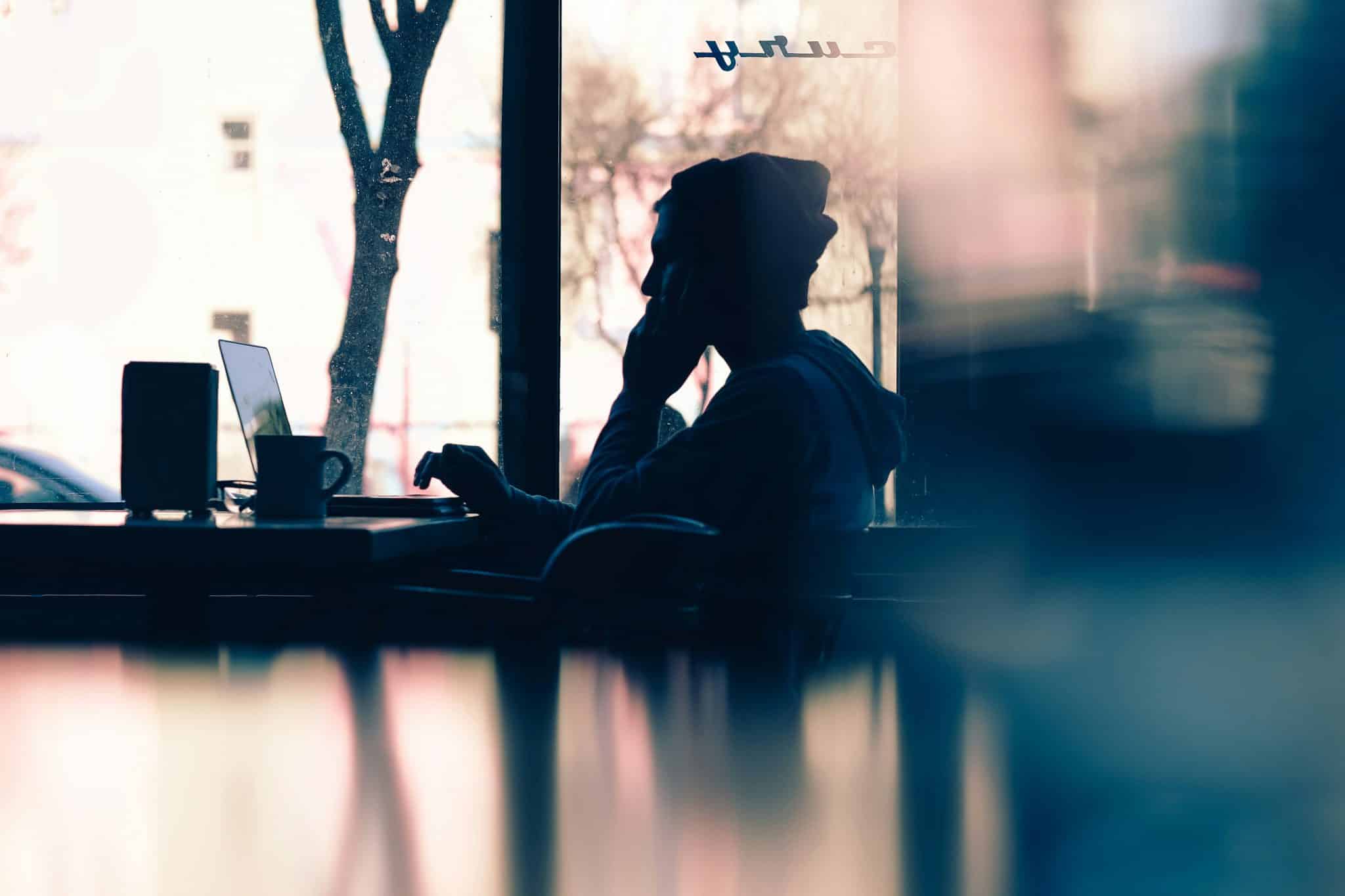Catherine Price: On Overcoming Email and Internet Trolls to Focus on What Matters

In celebration and recognition of Women’s History Month, we wanted to spotlight some of the tremendously talented women within the Freedom community who are using their freedom and time to shape the world each and every day.
Meet Catherine Price.
Catherine is an award-winning author and science journalist whose writing has been featured in publications including The Best American Science Writing, The New York Times, Popular Science, The Los Angeles Times, The Washington Post, Salon, and Slate, among others.
A graduate of Yale University and UC Berkeley’s Graduate School of Journalism, Catherine writes frequently about food, science, nutrition, hormones, and Type 1 diabetes, with which she was diagnosed with at age 22. Catherine enjoys writing reported personal essays about things she finds funny, odd, or uncomfortable, (or all three), including—but not limited to—eating roadkill, “winning” Flywheel, and sampling moonshine.
However, her latest book shines a light on a subject near and dear to us at Freedom – addicting and distracting tech (we interviewed her on the topic here, in case you missed it!) Her latest book, How to Break Up With Your Phone, is a comprehensive guide to creating a healthy, informed, and sustainable relationship with your smartphone. The first half of the book delves into how phones and apps are designed to be addictive and the research regarding how the time we spend on them damages our abilities to focus, think deeply, and form new memories. The second half of the book then follows with the antidote – a 30-day guide to making customized changes to your settings, apps, environment, and mindset that will enable you to take back control of your life.
So this week we sat down with Catherine to learn a little more about how she came to be an award-winning journalist and author and how she finds the time and focus to do the writing that matters.
First of all, how did you become a writer, creator, and consultant that you are today? What were some of the steps that you took to get there?
It’s been an interesting process. After I graduated from college, I spent a while trying to establish myself as a freelance essayist while supporting myself by teaching ice skating to little kids and tutoring/teaching Latin and math. As it turns out, there is really no such thing as a freelance essayist. (There is, however, a robust need for Latin tutors!)
One day, I got a brochure in the mail for the UC Berkeley Graduate School of Journalism. Its curriculum seemed to combine a lot of my interests—plus, I’d never lived in California before—so I decided to apply.
While there, I took classes with the food writer Michael Pollan. One afternoon we did a writing exercise in class, and I focused on my experience being diagnosed with Type 1 diabetes when I was a senior in college. He suggested that I submit it to the New York Times’ Well Blog. They accepted it (it’s called “Thinking About Diabetes With Every Bite”) and that made me realize that I could use my unwanted expertise in diabetes as a professional asset—which is how I got started writing and consulting about diabetes- and nutrition-related subjects.
As for my books (the most recent of which include a history of vitamins, and a how-to guide called How to Break Up With Your Phone), I appear to be drawn to seemingly mundane subjects that provoke broader philosophical questions. As a former teacher, I also really like writing and creating things that I think will help people live healthier and happier lives—and prompt them to look at familiar things in a new light.
In general, I’ve tried to follow the approach of one of my professors in college, Robin Winks. He called it “Creative Drift,” and it basically amounts to doing your best at whatever it is you’re doing in the moment, and being confident that opportunities will arise. It’s a bit harrowing, but so far it’s worked out well—and has given me excuses to learn about all sorts of interesting things.
When did you realize that tech, devices, websites, and apps were taking a toll on your productivity? Or when did you realize you had to do something about it?
It’s been going on for a long time—I’ve always been freelance, so most of my professional interactions occur over email, and it’s very, very easy for me to spend the whole day on my inbox (this was especially true when I was actively pitching stories to magazines—I’d send off a pitch and then compulsively check my email for a response).
One realization happened when I was writing my last book, Vitamania: How Vitamins Revolutionized the Way We Think About Food. I noticed that I’d developed a tic where every time I finished a paragraph or a thought, I’d automatically check my email. It was a horrible time suck – as was trying to respond to email on my phone AT ALL. One of the best things I’ve done recently for myself has been to delete email from my phone and to change the settings so that I have to type in the name of apps (Safari, I’m looking at you) in order to open them.
What are some the biggest challenges you have faced as a woman in your field and how did you deal with them?
The first thing that comes to mind is the trolls. Ugh, the trolls. When I was about 26, I got a gig writing for a “feminist” blog (feminist meaning that it focused on women’s issues). I remember hitting “publish” on my first post and then eagerly checking the comments to see what nice or insightful things people had to say about my piece. Yeah, that was a mistake. Any piece written for a “women’s” section of anything (and, to a slightly lesser extent, written by a woman in general) is guaranteed to attract the worst of the internet.
It’s a shame because even though I did—and do—my best to not let these things get under my skin, it’s impossible not to be affected by it on a subconscious level. I’ve definitely had times where I’ve held back on saying something because of concern over what the comments might be—and it’s not a phenomenon exclusive to me. I actually have a keychain that says “Never Read The Comments.”
(Here’s a great piece by Christie Aschwanden in which she actually reached out to some of her biggest haters to ask them why they do what they do.)
Another challenge: the implicit bias against female writers (here is a fascinating piece about this). I recently attended a panel at the yearly conference of the National Association of Science Writers that was meant to address the question of why so few feature stories in science magazines are written by women. It was very interesting — the organizers had actually calculated the percentage of articles written by men v. women in an enormous number of publications, and concluded that whereas the front-of-the-book sections had lots of female writers (front-of-the-book being the pages at the beginning of magazines that have articles that are only a paragraph or two long), the feature well was overwhelmingly biased toward dudes. Was that because women are often less aggressive about pitching? No doubt (and the editors on the panel—all of whom were male—genuinely felt badly about this). But there’s also something else going on.
What piece of advice would you give your younger self in regard to work and productivity?
Spend less time on email! (I’m noticing a theme here.) Also, maybe go to business school? And definitely be nicer to yourself. I used to spend way too much time and energy on self-criticism.
As someone who wears multiple hats, how do you prioritize what tasks, activities, or people get your time each day?
I have difficulty with it. I often feel like I allow myself to get sucked in to whatever is most immediate. For example, I’ll walk into the kitchen with the intention of getting a cup of coffee, and end up cleaning the entire room. It’s been very helpful to join a co-working space, because it doesn’t have the distractions that exist at home.
I also regularly use app blockers/browser extensions to help myself stay on task while on my computer. And I recently started using an app called “Todoist” to keep track of my tasks, because whenever I look at the list in my paper planner (which I still use as a calendar), I feel paralyzed by the length of it! Much better to actually be able to sort tasks by due date, and then only see the ones that are the most pressing.
In general, I also make a point of always prioritizing family and friends. When I spend time with people, I want to be present with them.
How do you find a balance between being connected and overwhelmed?
Have you been reading my journal? That’s exactly what I’ve been struggling with recently. I’m neck-deep in book publicity at the moment, which is great and exciting—but also exhausting. One idea I’ve come up with is to try to schedule regular in-person interactions with real live human beings. That kind of interaction leaves me feeling connected and refreshed. Trying to answer all the emails in my inbox makes me feel anxious and overwhelmed.
What resources or tools do you use on a daily basis that you have found useful to your writing/work process?
Seriously, Freedom has been a game-changer for me. I had a crazy deadline for my most recent book (as in it was published exactly one year to the day after I found out the publisher was interested), and there is absolutely no way I could have finished it on time if I’d had unfettered access to the internet (and my email). I also love Inbox When Ready.
What project are you currently most excited about?
My newest book! It’s called How to Break Up With Your Phone: The 30-Day Plan to Take Back Your LIfe. It’s an evidence-backed, comprehensive plan designed to help people create healthier relationships with their devices and become more mindful of how they want to spend their time. The feedback so far has been really wonderful. And as an added bonus, it’s led to me meeting all sorts of cool people, including the folks behind Freedom!
Where are you currently based?
Philadelphia (I grew up in NYC)
Listen to Catherine Price on the Freedom Matters podcast:
To learn more about Catherine, her books, or her work, visit her site at Catherine-Price.com



